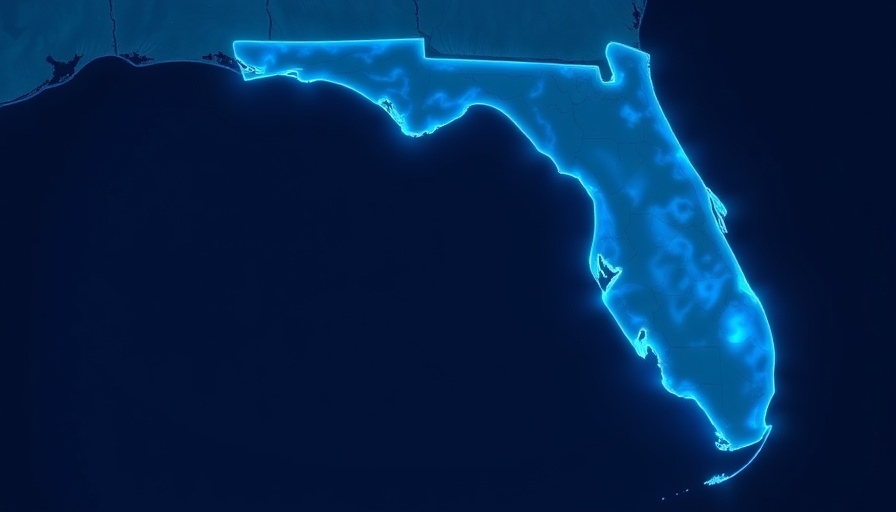
Understanding the Recent Ruling on Florida's School Book Law
A recent ruling by a Florida judge has sent ripples through the education system, declaring a key portion of the state’s school book law as "overbroad and unconstitutional." This decision could potentially pave the way for a significant shift in how educational materials are handled within Florida schools, and it has sparked widespread discussions regarding academic freedom and the rights of students and parents.
The Impact on Louisiana's Education Landscape
The legislation in question aims to regulate the content available in school libraries, ensuring that it aligns with certain educational standards and values. However, the court found that the law's vagueness could lead to censorship, rendering it unconstitutional. This ruling not only affects Florida but could also set a precedent for similar legislation across the nation.
A Voice for Educational Freedom
This ruling underscores the need for a balanced approach to educational material selection that preserves academic freedom while addressing parental concerns. Educators and advocates for students' rights view this decision as a victory for free expression within educational frameworks.
Responses from the Educational Community
Reactions to the ruling have been mixed. Many educators have expressed relief, believing that it will enable more diversity in educational materials, while some parents worry that this could lead to the inclusion of inappropriate content in schools. This divide highlights the ongoing debate about the intersection of education, parental rights, and free speech.
Future Trends in Education Legislation
Looking ahead, educators and legislators will need to navigate these complex dynamics thoughtfully. The ruling may prompt other states to reevaluate their educational laws, potentially leading to a more diverse range of perspectives in school curricula across the country. This situation poses an opportunity for informed discussions about the role of community values in education.
What This Means for Parents and Students
For parents and students alike, staying informed about the legislative changes affecting educational content will be crucial. Understanding how these laws impact curriculum choices can empower parents to engage more effectively in discussions about their children’s education. Additionally, this aware approach creates an opportunity for students to voice their thoughts and concerns regarding their learning environment.
This recent ruling serves as a reminder of the importance of ongoing dialogue regarding educational policies. By advocating for balanced perspectives, parents, educators, and students can work together to foster a more inclusive and aware educational system.
Engage in Your Community
As residents of the Suncoast and beyond navigate these shifting legal landscapes, it is essential to stay active in community discussions related to educational policies. Consider reaching out to local school boards or joining parent-teacher associations to advocate for transparency and inclusivity in educational content. Your voice matters, and participating in these discussions can positively impact the future of education in your community.
 Add Row
Add Row  Add
Add 


Write A Comment